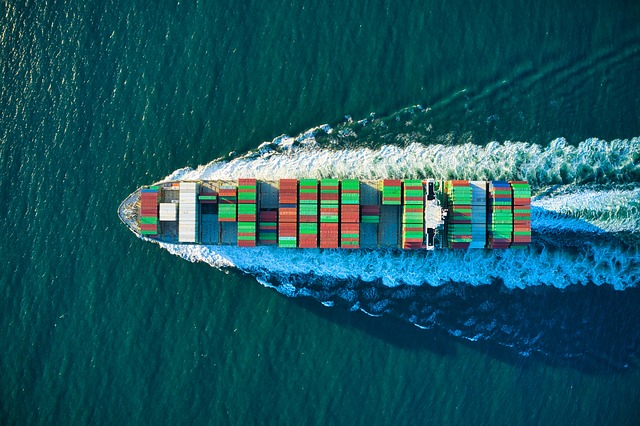-
The Philippines commits to a strong system for International Maritime Organization obligations during a mandatory audit
-
The Philippines is undergoing on October 2-9 an IMO Member State Audit Scheme
-
The audit will assess how extensively the country implements and enforces its functions under maritime instruments as a flag, port, and coastal state
-
Government agencies are actively preparing for the IMSAS audit, according to MARINA
The Philippines is committed to establishing and maintaining a robust system to fulfill obligations as a member of the International Maritime Organization (IMO) while undergoing a mandatory audit, according to the Maritime Industry Authority (MARINA).
The IMO Member State Audit Scheme (IMSAS) is being conducted from October 2-9 to assess the country’s implementation and enforcement of IMO treaty instruments.
READ: PH gears up for Oct IMO member-state audit
Originally scheduled for 2020 to 2021, the IMSAS audits were postponed to 2022 to 2023 due to the COVID-19 pandemic.
The IMSAS evaluates the extent to which a country enforces its functions as a flag, port, and coastal state under maritime instruments, following the IMO Instruments of Implementation Code (III Code).
The audit aims to determine how effectively the Philippines, as an IMO member state and Council member, fulfills its obligations outlined in various IMO treaty instruments.
The MARINA expressed the country’s commitment to upholding international laws and standards for maritime safety and environmental protection.
“As a maritime nation with a proactive maritime administration, the Philippines is steadfast in its commitment to effectively implement and enforce all laws, regulations, and recommendations in accordance with the IMO instruments,” the MARINA said in a statement.
It added that the country “pledges to establish and maintain a robust system to fulfill its obligations as a flag, port, and coastal state, in full compliance with applicable international laws, ensuring the highest standards of maritime safety and environmental protection.”
As a member of the IMO, the Philippines must meet its duties in ensuring safety at sea, preventing ship pollution, training and certifying seafarers, maintaining load lines, measuring ship tonnage, and preventing collisions.
DOTr undersecretary for maritime Elmer Sarmiento, in a text message to PortCalls, said the transport department is “optimistic” as the IMSAS audit’s objectives are to promote consistency and effectiveness of the implementation of the IMO instruments, and to assist member states in improving their capability in the performance of duties as contracting governments to international conventions.
Sarmiento added that through this exercise, the country will be “able to strengthen coordination among implementing and enforcing agencies which would contribute to better implementation of Conventions.”
As a longstanding member of the IMO since 1964 and an active member of the IMO Council since 1997, the Philippines has ratified and acceded to 28 IMO instruments. Additionally, efforts are ongoing to ratify additional instruments to further enhance the nation’s maritime industry.
To prepare for IMSAS, an inter-agency council was established in 2019 to assess the Philippines’ compliance with and implementation of IMO agreements. An IMSAS Interagency Council was also created in 2018 to ensure the country meets its obligations and responsibilities as an IMO member state in relation to IMSAS.
As part of its legislative agenda and commitment as an IMO member, MARINA said the Philippine maritime industry aims to ratify the International Convention on Civil Liability for Bunker Oil Pollution Damage and the International Convention on Liability and Compensation for Damage in Connection with the Carriage of Hazardous and Noxious Substances by Sea, among other agreements.
READ: MARINA commits to legislative agenda
MARINA highlighted various government agencies, including the Department of Transportation, Department of Foreign Affairs, MARINA, Philippine Coast Guard, Philippine Ports Authority, Subic Bay Metropolitan Authority, Cebu Port Authority, National Mapping and Resource Information Authority, Philippine Atmospheric, Geophysical, and Astronomical Services Administration, and National Telecommunications Commission, have actively prepared for IMSAS. These collaborative efforts demonstrate the Philippines’ dedication to fulfilling its obligations within the IMO framework.









